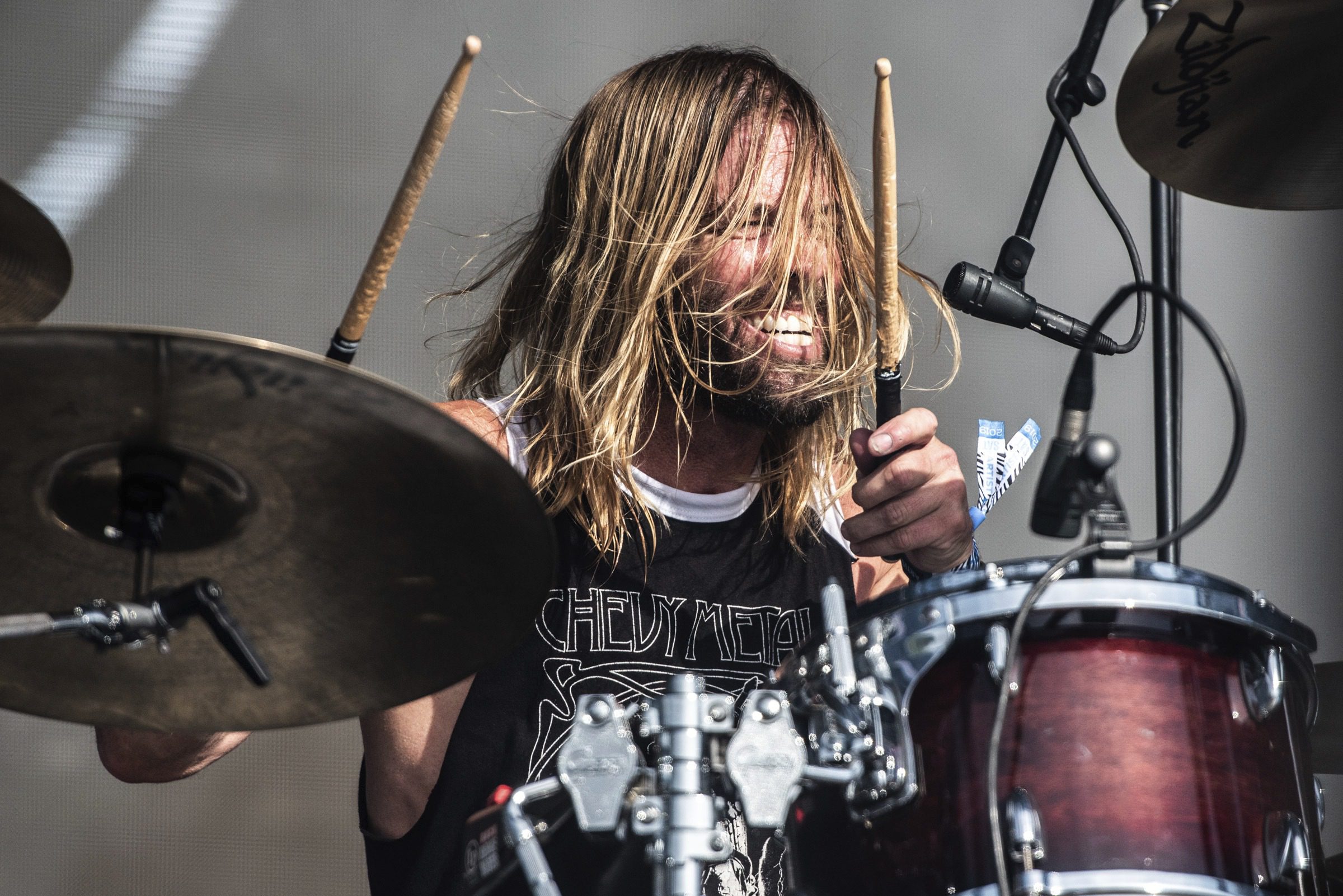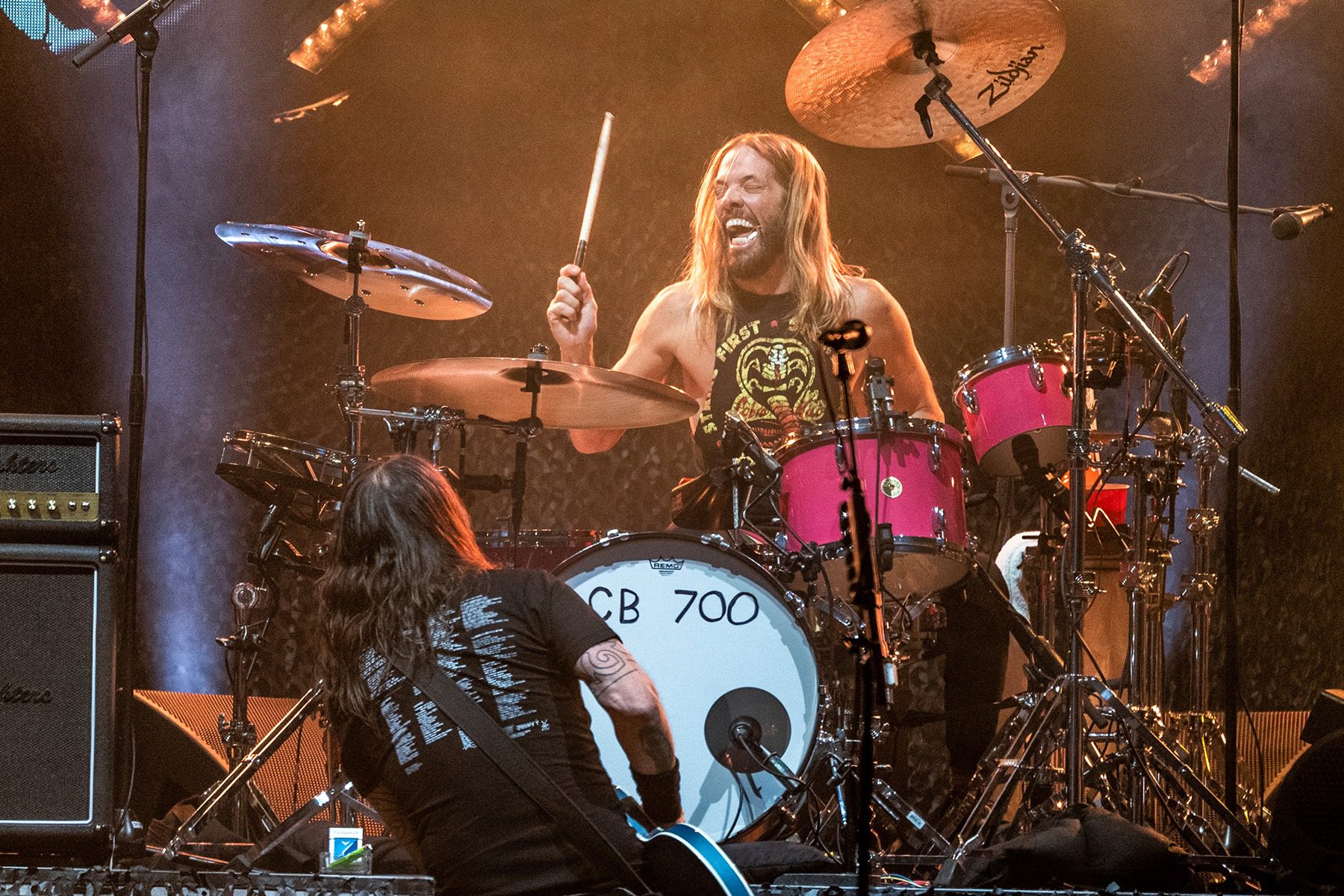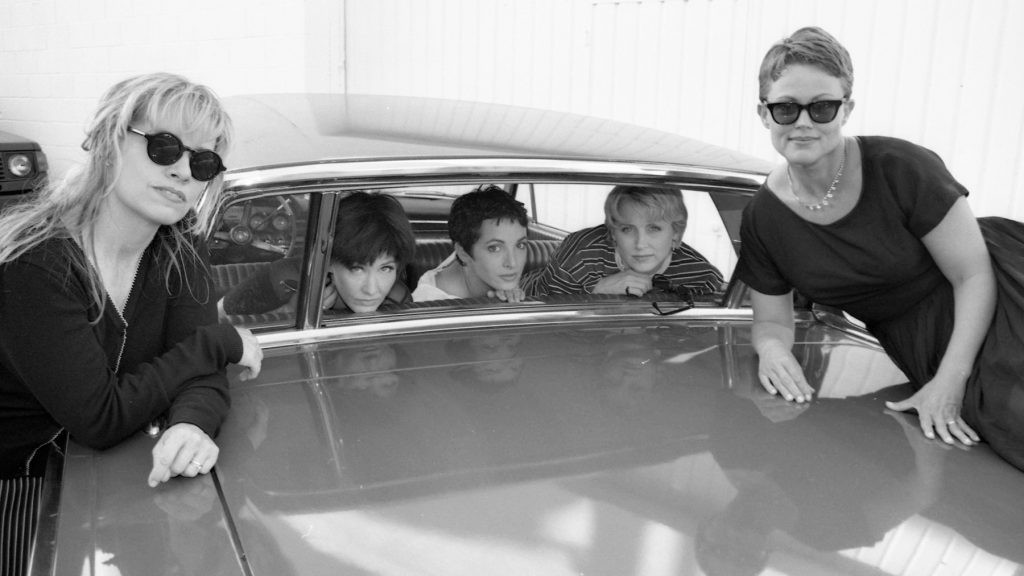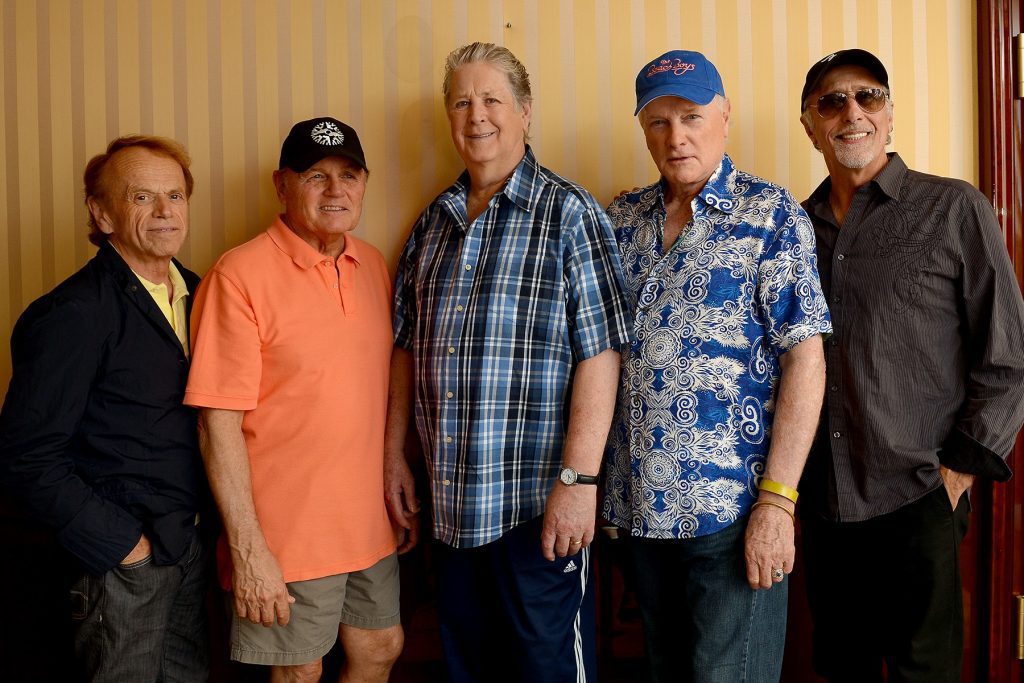
Residente’s Latest Fight: Challenging the Meaning of ‘America’
When the Puerto Rican rapper Residente hears people from the United States refer to themselves as “Americans,” the word often grates him, snagging his ear like fabric caught on a nail. In much of the country, it’s a word that bounces around freely, rolling off tongues without a second thought — simple, straightforward shorthand, some believe, for the people or culture of the U.S. But pan out to the rest of the continent, and to many, it seems more like a symptom of a narcissistic, narrow-minded vision of the world.
“You have to be really dumb, really hollow/It’s like saying Africa is only Morocco,” Residente raps in “This Is Not America,” the lead track from his forthcoming album. He’s quick to point out that “America” is the name of an entire hemisphere, not just one country, as activists and politicians — especially those from Latin America — have noted for decades.
The song’s video is a visceral gut punch that flashes scene after scene of the violence that the rest of the continent has suffered because of U.S. imperialism. A mother breastfeeds her baby through a wire fence separating her family at the border; a corporate CEO enjoys a lavish meal as an indigenous child looks on in the background. To Residente, all of this ties back to the name “America” and its reflection of U.S. vanity.
blogherads.adq.push(function () {
blogherads
.defineSlot( ‘medrec’, ‘gpt-dsk-tab-article-inbody1-uid0’ )
.setTargeting( ‘pos’, [“mid-article”,”mid”,”in-article1″,”mid-article1″] )
.setSubAdUnitPath(“music//article//inbody1”)
.addSize([[300,250],[620,350],[2,2],[3,3],[2,4],[4,2],[640,250]])
;
});
“It’s a way of forgetting about the people making the rest of America,” he says on a Zoom call one afternoon in late February. “You have Latin America, you have Central America, you have North America, you have South America, you have the Caribbean — the whole thing is America. I see it as an egocentric thing. Your ego has to be so big that you think that you are the center of the world.” For him, the name symbolizes a national ethos that’s responsible for centuries of erasure and brutal exploitation. “Excluding the rest of the history and doing whatever they want with the name of a continent … it’s kind of like getting colonized, again, by the U.S.”
Residente, 44, explains this while sitting at home in Los Angeles, wearing giant headphones and the beleaguered expression of a boxer who refuses to leave the ring. Since 2005, when he formed the reggaeton duo Calle 13 with his stepbrother Eduardo Cabra, he’s been sounding off on political issues, and his stinging, smart-alecky singles have won him 27 Latin Grammys — the most of any artist in history. He’s a polarizing figure who represents a necessary and profoundly radical voice to some, while others see a posturing, fake-woke celebrity. He’s been at the center of conversations around Puerto Rican independence, and his blunt candor has gotten him into spats with conservatives and leftists alike. He’s also made headlines for feuding with artists like J Balvin, whom he denounced as a clueless racist in a scathing eight-minute freestyle in March.
Residente’s next fight might be the biggest one he’s ever taken on. Over the past three years, he’s been working out the complexities of an ambitious, multipart project intended to spark discussions about the history and identity of people from the U.S. He sees it as a long-term linguistic battle — one that he hopes will change the very way a nation thinks about itself.

Residente photographed in Los Angeles in 2022
Carlos Jaramillo for IndieLand
Residente has been calling out U.S. imperialism and hard power from the beginning of his career: His breakout song was “Querido FBI,” a searing diatribe that burst out of him just hours after he found out that a Puerto Rican independence leader named Filiberto Ojeda Ríos had been killed by the FBI in a botched raid on his home. “I wrote it that same night, like at five in the morning,” he says. His team sent the track off to radio stations in Puerto Rico, where it became a hit. “It was the first time that I realized how powerful words can be.”
blogherads.adq.push(function () {
blogherads
.defineSlot( ‘medrec’, ‘gpt-dsk-tab-article-inbody2-uid1’ )
.setTargeting( ‘pos’, [“mid-article2″,”mid”,”in-article2″,”mid-article”] )
.setSubAdUnitPath(“music//article//inbody2”)
.addSize([[300,250],[300,251],[620,350],[2,4],[4,2],[3,3],[2,2]])
.setLazyLoadMultiplier(2)
;
});
Calle 13’s work remained heated, centering on messages of struggles in Latin America. In 2017, Residente went solo with a self-titled album inspired by his world travels after taking a DNA test to learn more about himself. A more personal turn in his music coincided with intensified political activity on social media, where he lambasted Donald Trump and the mismanagement of Puerto Rico after Hurricane Maria.
Some of his hotheaded declarations drew scrutiny. In 2019, he angered the internet with a volley of tweets in which he seemed to contend that white privilege didn’t exist among Latinos. Now, he chalks it up to a Twitter misunderstanding exacerbated by translation issues. “I thought that they were calling me ‘gringo,’ or whatever,” he says. “For me, it’s the worst thing, because I’m anti-colonization, and Puerto Rico is a colony of the U.S.” He claims that he’s always understood the racism and colorism that pervades Latinidad: “When you’re whiter, you have more privilege. I always knew that. That is not something that I just learned.” Still, he had a lot of listening to do, particularly about the differences between xenophobia and racism. (He adds that he tried to connect directly with some of the people who rightfully called him out online: “Something that takes, like, two hours of your day on Twitter, you solve it in 15 minutes of talking.”)
Months later, a barrage of racist and homophobic text messages leaked from the administration of Puerto Rico’s then-Gov. Ricardo Rosselló, as did evidence pointing toward corruption. As Puerto Ricans began calling for Rosselló’s resignation, Residente sprang into action — releasing protest anthems alongside Bad Bunny, Ricky Martin, and his younger sister Ileana Cabra, and mobilizing people to show up at demonstrations. “Everyone was so mad,” he says. “It became a beautiful protest.”
Residente’s father was a labor-rights lawyer, and the rapper has memories of seeing him attending strikes as a kid. Lately he’s found new inspiration in the ways younger people are thinking about the world. It’s one of the reasons he believes his new project is coming at the right time. “We have newer generations teaching us a lot of things that I didn’t know,” he says.
blogherads.adq.push(function () {
blogherads
.defineSlot( ‘medrec’, ‘gpt-dsk-tab-inbodyX-uid2’ )
.setTargeting( ‘pos’, [“mid”,”mid-articleX”,”in-articleX”,”mid-article”] )
.setSubAdUnitPath(“music//article//inbodyX”)
.addSize([[300,250],[300,251],[3,3],[620,350],[2,2]])
.setLazyLoadMultiplier(2)
;
});
The album, which features collaborations with up-and-coming artists like the Dominican rapper Nino Freestyle, includes a song about Cuba and another about slang used in the Caribbean. When we spoke, Residente was planning collaborations with visual artists such as Alfredo Jaar — the Chilean conceptualist whose 1987 installation interrogating the idea of America inspired the name of Residente’s single — and looking into hosting conversations at universities to find alternatives for “American.”
Most important, he wants people to listen, and he’s hopeful they will. “Once you know how that word can hurt someone,” he adds, “that’s the best outcome: to change that and to make a difference.”




